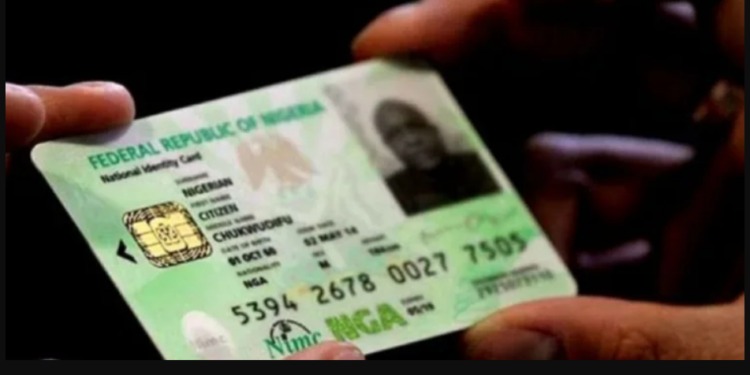The Economic and Financial Crimes Commission (EFCC) has advised foreign missions in Nigeria to stop charging visa and other consular services in foreign currencies.
Gatekeepers News reports that they are encouraged to adopt Nigeria’s regulatory regime in fixing the exchange rate of the cost of their services.
The commission has expressed concern that accepting foreign currencies for consular services goes against Nigeria’s monetary policy and the country’s aspiration for sustainable economic development.
In a letter to the Minister of Foreign Affairs, Amb. Yusuf Tuggar, the EFCC stated that the practice of paying for consular services in dollars is in conflict with extant laws and financial regulations in Nigeria.
Section 20(1) of the Central Bank of Nigeria Act, 2007, prohibits the use of foreign currencies in transactions within the country.
The letter read, “I present to you the compliments of the Economic and Financial Crimes Commission, and wish to notify you about the commission’s observation, with dismay, regarding the unhealthy practice by some foreign missions to invoice consular services to Nigerians and other foreign nationals in the country in United States dollar ($).
“This practice is an aberration and unlawful as it conflicts with extant laws and financial regulations in Nigeria. Section 20(1) of the Central Bank of Nigeria Act, 2007 makes currencies issued by the apex bank the only legal tender in Nigeria.
“It states that ‘the currency notes issued by the Bank shall be the legal tender in Nigeria on their face value for the payment of any amount’.
“This presupposes that any transaction in currencies other than the naira anywhere in Nigeria contravenes the law and is, therefore, illegal.”
The EFCC also noted that some foreign missions’ refusal to accept the naira for consular services and non-compliance with Nigeria’s foreign exchange regulatory regime undermines the country’s sovereignty and economic development objectives.
The letter continued, “This trend can no longer be tolerated, especially in a volatile economic environment where the country’s macroeconomic policies are constantly under attack by all manner of state and non-state actors.
“In light of the above, you may wish to convey the commission’s displeasure to all missions in Nigeria and restate Nigeria’s desire for their operations not to conflict with extant laws and regulations in the country.”
Some embassies are reportedly seeking clarification on whether the EFCC’s advisory represents the position of the Federal Government.







